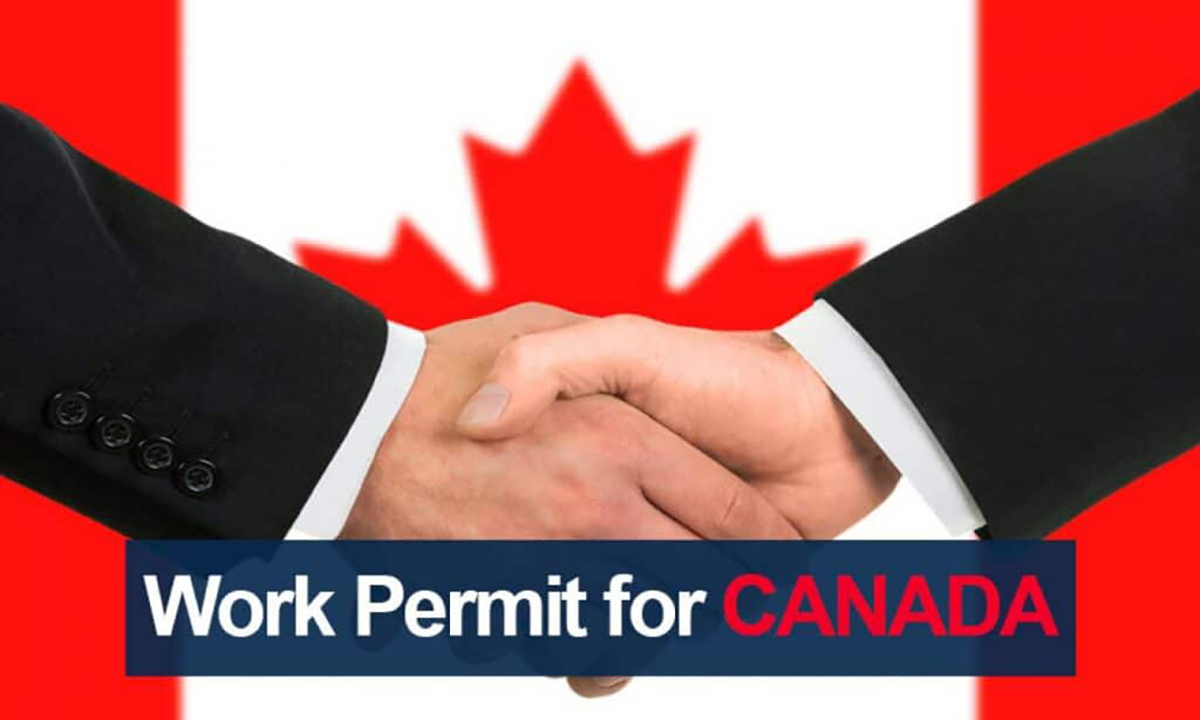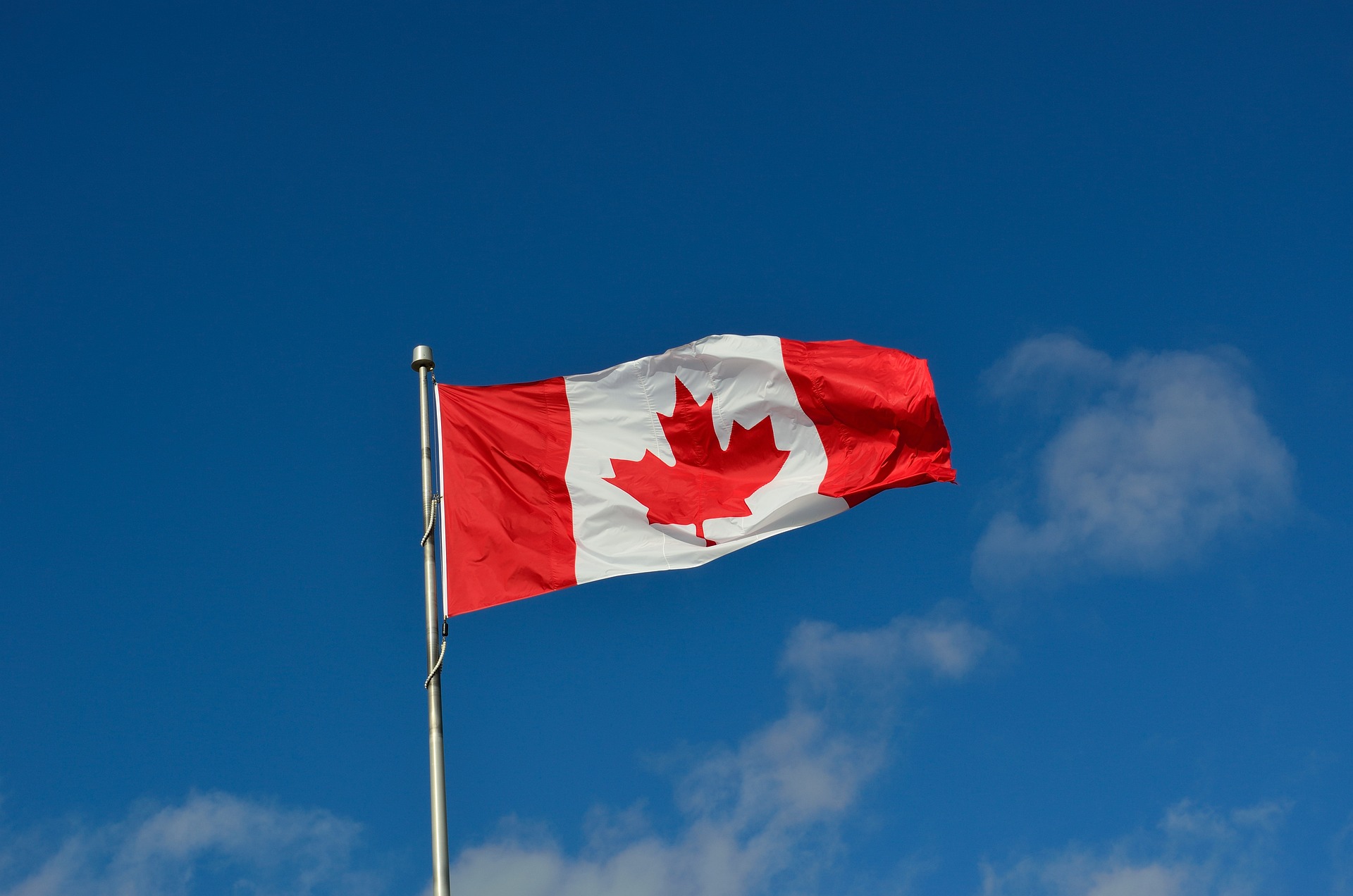
Sean Fraser, the minister, has announced a reform to the Super Visa that will benefit many Canadian families. For those wishing to sponsor their parents for a Super Visa, this is wonderful news. In contrast to the previous duration of stay regulation, parents and grandparents can now stay with their families for longer, according to the Minister.
Everyone wants to be closer to their loved ones because family is such an important part of our life. Instead of merely wanting to be with them, they want to be there for them when they need it the most. With this new modification, the families will be one step closer to being reunited with their families, allowing them to support one another and coexist peacefully in Canada. A contented and well-balanced family will provide more to the community, and Canada consistently takes the lead in maintaining a safe and healthy environment for all.
What is a Super Visa ?
A super visa lets you visit your children or grandchildren for up to 5 years at a time. It’s a visa that provides multiple entries for a period up to 10 years. When you enter Canada, a border services officer will confirm how long you can stay.
Starting July 4, 2022 – increase in length of stay for super visa holders
If you apply on or after July 4, 2022
-
You’ll be eligible for a stay up to 5 years at a time.
However, you may be able to benefit from the increase in length of stay for an application submitted before July 4, 2022:
-
If the application was approved before July 4
-
As long as you enter Canada after July 4, you’ll be eligible for a stay of up to 5 years at a time.
-
If the application was approved after July 4
-
You’ll be eligible for a stay of up to 5 years at a time.
If you entered Canada with a valid super visa before July 4
The length of stay granted to you by the border services officer when you entered Canada remains the same. For instance, if you were granted 2 years, it would remain 2 years.
-
However, if you want to benefit from a longer stay, you’ll need to leave Canada before the end of your authorized stay and re-enter Canada after July 4, 2022. The border services officer may grant you a length of stay of up to 5 years if you still meet all the eligibility requirements for a super visa.
-
Or you can apply to extend your stay in Canada and be approved for an extension of up to 2 years.












